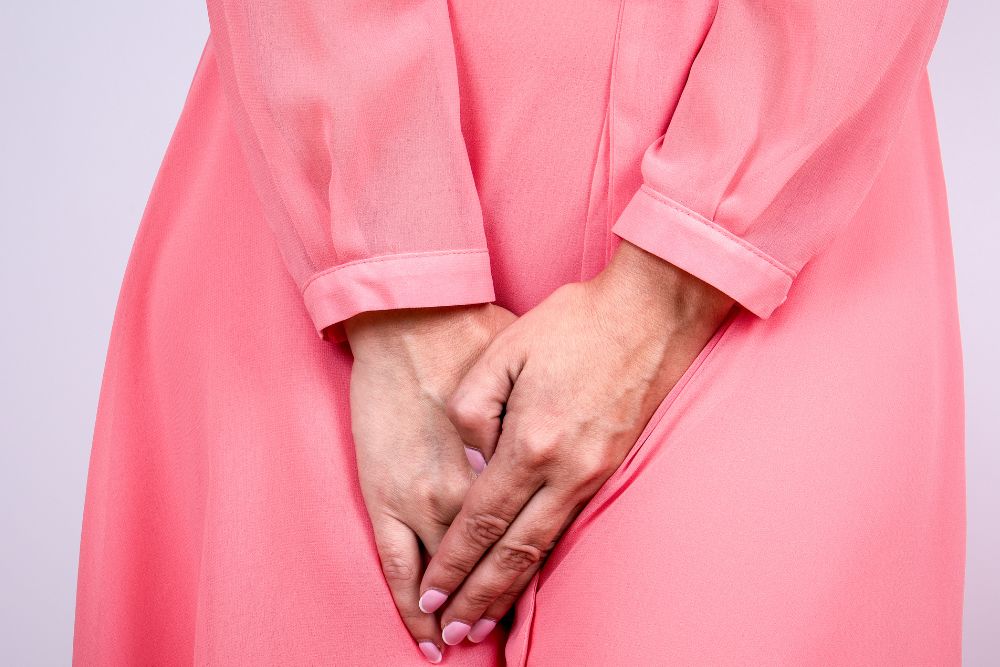
Urinary incontinence is a common condition that affects millions of women every day. The inability to control one’s bladder can be embarrassing and cause significant discomfort and inconvenience. Still, it’s essential to know that it’s not a normal part of aging or something you must live with. There are treatments and management strategies available that can help improve your quality of life. We’ll look closer at urinary incontinence, its causes, and ways to manage it.
What Is Urinary Incontinence?
Urinary incontinence is the involuntary leakage of urine from the bladder. It can happen when pressure is exerted on the bladder, such as coughing, sneezing, or laughing. Or, it may occur suddenly and without warning, leading to a sudden, strong urge to urinate that you may not be able to control. There are two types of urinary incontinence- stress incontinence and urge incontinence. Stress incontinence is caused by weakened pelvic floor muscles that allow urine to leak out when there is pressure on the bladder. Urge incontinence, on the other hand, occurs when there is an unplanned, strong urge to urinate, and the bladder contracts quickly, causing urine to leak out.
What Causes Urinary Incontinence?
A variety of factors can cause urinary incontinence. One of the most significant factors is age. Our pelvic floor muscles may weaken as we age, making it challenging to control urine leakage. Other factors that may contribute to urinary incontinence include menopause, obesity, and certain neurological conditions. See a doctor if you are experiencing urinary incontinence to rule out any underlying medical conditions.
Managing Urinary Incontinence
While urinary incontinence can be challenging to manage, there are several strategies that women can use to improve their bladder control. One of the most effective management strategies is pelvic floor muscle exercises or Kegels. Kegels can help strengthen the pelvic muscles, improving bladder control. Other management strategies include reducing caffeine intake, limiting alcohol consumption, and losing weight if overweight. Finally, in some cases, medication or surgery may be recommended to help manage urinary incontinence.
Urinary incontinence is a common condition among women, but it’s not something you have to live with. There are treatments and management strategies available to improve bladder control and reduce the frequency of accidents. If you’re experiencing urinary incontinence, talk to your doctor immediately. They can help assess your condition and recommend appropriate treatment and management strategies. Remember, you’re not alone, and help and hope are available.
